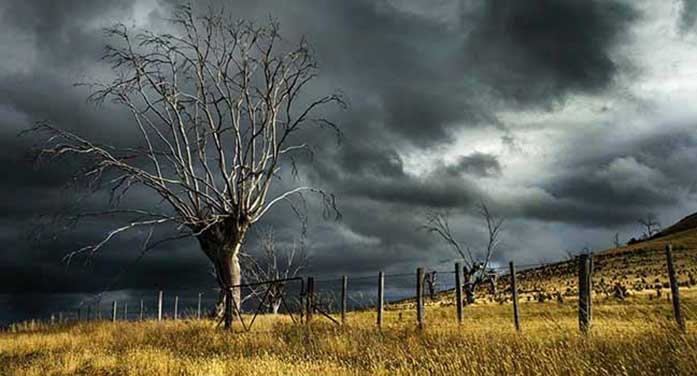 Three concurrent and independent elements are preventing Alberta from realizing the full potential of its energy resources.
Three concurrent and independent elements are preventing Alberta from realizing the full potential of its energy resources.
It’s generally said that good things come in threes. The Latin expression ‘omne trium perfectum’ conveys the idea that things that come in threes are more complete. The expression has an optimistic ring – but not for Alberta’s energy sector.
The expression is relevant in light of the appointment of Alberta’s Economic Recovery Council. The provincial government recently appointed to the council 12 prominent Albertans. The group is headed by the University of Calgary’s Jack Mintz and includes former prime minister Stephen Harper.
The goal of the council is to “provide advice and policy recommendations on how best to confront this unprecedented economic crisis, and recover from it in the long term. This will include strategies to accelerate economic diversification,” Alberta Premier Jason Kenney said.
There are two obvious sources for the current economic crisis: the COVID-19 pandemic and slumping energy prices.
The virulence of COVID-19 has pushed the Kenney government to shut down a significant portion of the province’s economy. The federal government and all other provincial and territorial jurisdictions have done likewise.
According to optimistic scenarios, the health crisis may settle in as few as four weeks, bringing its wide disruptions to an end. The duration and depth of the disruptions will determine how quickly and by what means Alberta can recover from the damage.
The second driving cause is the most recent collapse of oil prices. A shocking oversupply of oil in the international markets sent prices plummeting. It was induced by a price war between Russia and Saudi Arabia. Alberta oil companies’ stocks have lost as much as half their value, impairing cash flows, forcing more layoffs, and posing an existential threat to many of them.
In addition, annual provincial revenue could see losses of up to $7 billion, derailing fiscal plans.
However long oil prices remain severely depressed, the adverse effect is aggravated by the slump in world oil demand created by COVID-19.
The third element at the root of Alberta’s economic troubles, often overlooked, reaches back years.
The blockage created by two provincial governments and the federal government has harmed Alberta’s oil and gas industry for several years. The blockage has provoked a constitutional crisis.
The constitutional mutiny of Quebec and British Columbia has blocked the development of crucial infrastructure to move more Saskatchewan and Alberta oil and gas across provincial boundaries to international markets.
In addition, the federal government is openly attempting to phase out oil sands production by blocking further development. It has also adopted legislation and policy that serve as obstacles to oil exploration, development and exports.
The combined effect has produced an enormous flight of capital and the cancellation of major new projects, sending even more Albertans to the unemployment lines.
Weeks from now, hopefully sooner, global oil prices will rebound.
In addition, the COVID-19 shutdown may reach an end.
As the number of infections levels off and economies regain some normalcy, the demand for oil and gas will slowly start to rebound, in turn driving prices up.
So there’s an end in sight for the two crises impacting Alberta that originate outside Canada.
But the made-in-Canada political crisis that continues to hinder Alberta’s main industry seems to offer no such hope for resolution. On the contrary, since the October election the federal government has signalled a desire to double down on its destructive agenda for Alberta oil.
Alberta’s Economic Recovery Council is no doubt painfully aware of this destructive federal agenda and will likely offer recommendations accordingly. And we still await the report from the province’s Fair Deal Panel.
Alberta must combat the COVID-19 pandemic as though there are no attempts to choke its oil industry.
But it also must combat the attempts to choke its oil industry as though there was no COVID-19.
Marco Navarro-Genie is the president of the Haultain Research Institute and senior fellow at the Frontier Centre for Public Policy.
Marco is a Troy Media contributor. Why aren’t you?
The views, opinions and positions expressed by columnists and contributors are the author’s alone. They do not inherently or expressly reflect the views, opinions and/or positions of our publication.


